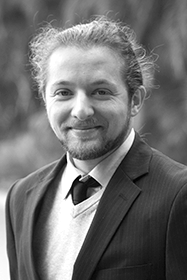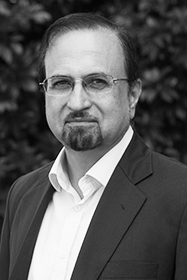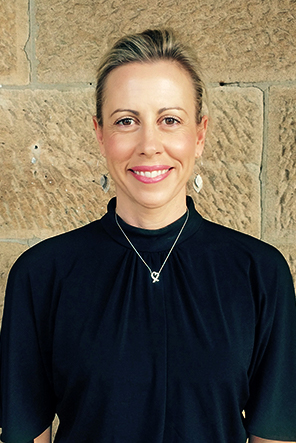HEIDI DOUGLASS | h.douglass@unsw.edu.au
Co-Leader of the Centre for Healthy Brain Ageing (CHeBA) Omics & Neurobiology of Ageing Group, Dr Nady Braidy, has been awarded UNSW Sydney seed funding of $20,000 to continue his ground-breaking research in the field of stem cell transplantation.
The funding, awarded by the UNSW Medicine Neuroscience, Mental Health & Addictions Theme and SPHERE Clinical Academic Group, will involve working with CK Cell Technologies Pty Ltd, an Australian regenerative medicine company to look specifically at a novel cellular approach for early detection of Alzheimer’s disease, modelling and developing diagnostics.
Alzheimer’s disease manifests clinically as a loss of cognition including memory and executive function. The pathological hallmarks include neuronal and synaptic loss, activated microglia, gliosis and the pathognomonic entities; intra-neuronal neurofibrillary tangles.
Dr Braidy explains that the study of Alzheimer’s disease is limited by lack of model systems that can reproduce the precise sequence and timing of cellular and molecular events.
“The recent advances in biomedicine have led to a growing interest in using stem cells as cellular carriers for disease modelling, drug discovery, drug toxicity, and regenerative medicine,” said Dr Braidy.
“The screening of drug candidates for toxicity is a major cause of attrition in drug development that leads to high costs in drug development and reduced number of effective clinical candidates.”
CHeBA Co-Director Professor Perminder Sachdev said the fact that preclinical trials have shown promise in animal studies – but mostly failed in human trials – suggested an impending requirement to study Alzheimer’s disease in human model systems.
Director of CK Cell Technologies Pty Ltd, A/Prof Kuldip Sidhu previously produced and characterised the first generation of proprietary Alzheimer’s disease-specific induced pluripotent stem cell (iPSC) clones. By collaborating with CCK Technologies Pty Ltd, Dr Braidy’s research team will use these disease-specific stem cell clones for disease modelling drug discovery including drug toxicity for Alzheimer’s disease for which there is no effective cure available.
The UNSW Medicine funding will allow Dr Braidy and his team to create the next generation of non-integrating iPSC clones from Alzheimer’s patients for disease modelling and developing diagnostics and future therapeutics.
This research will likely be extended to other common neurodegenerative disorders, such as Parkinson’s disease, with far-reaching implications for public health word-wide given the millions who are currently affected by dementia and the prediction that disease burden is set to triple over the next 30 years.
The UNSW funding is the most recent accolade for Dr Braidy, who was previously selected by the Australian Academy of Science to attend the Nobel Laureate meeting in 2014, received a National Health and Medical Research Council early career postdoctoral fellowship, won the UNSW Medicine Dean’s Rising Star award and in 2017 was acknowledged with a DECRA award (Australian Research Council/Discovery Early Career Researcher Award).
For more information about CHeBA’s Omics & Neurobiology of Ageing Group, visit: https://cheba.unsw.edu.au/research-groups/omics-and-neurobiology-of-ageing




